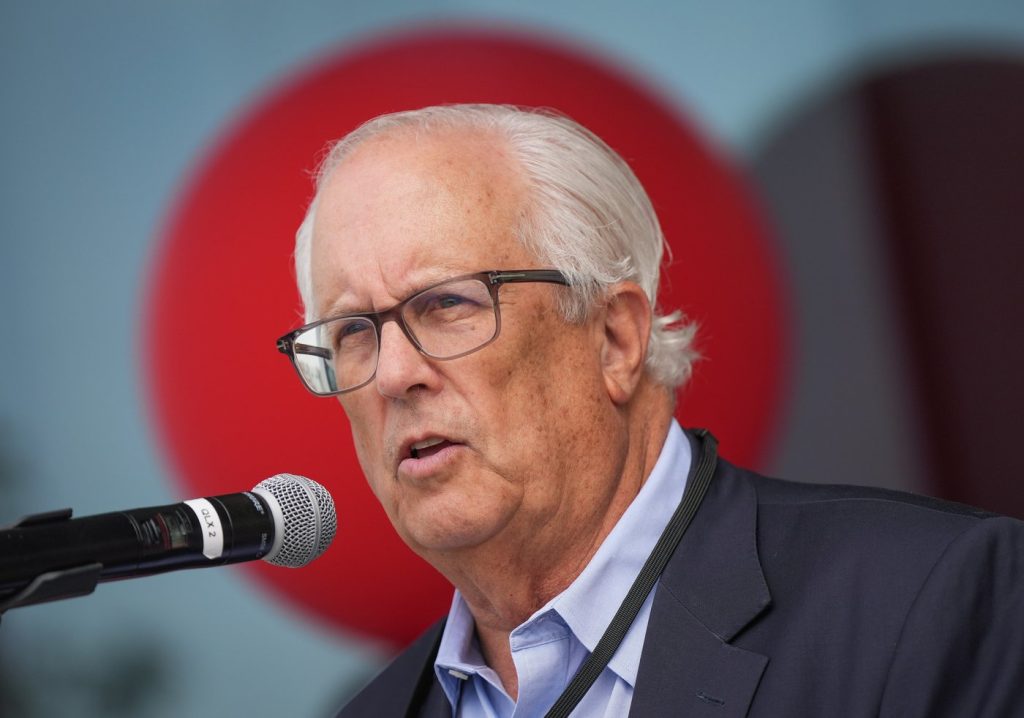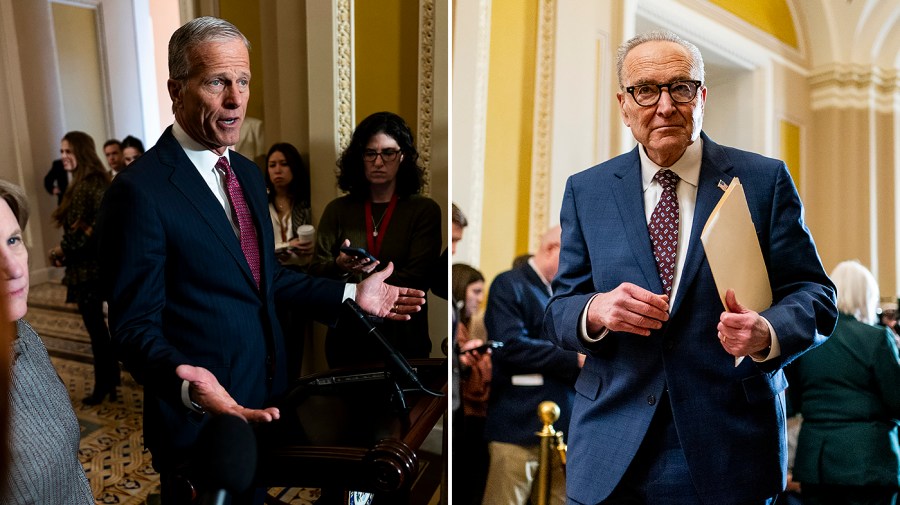
First Nations leaders in British Columbia have expressed their strong disapproval of what they describe as “alarmist rhetoric” from certain politicians regarding a recent land title decision in Richmond. The First Nations Leadership Council (FNLC) has emphasized that Aboriginal land title and private property rights can coexist within the province.
The controversy stems from a letter written by John Rustad, leader of the B.C. Conservative Party, to Premier David Eby. Rustad called for an immediate halt to all negotiations between the provincial government and First Nations following the BC Supreme Court’s declaration of Aboriginal title for the Cowichan Tribes. The FNLC criticized Rustad for framing the rights of First Nations as a threat to British Columbia’s legal and economic stability.
In addition to Rustad’s comments, Malcolm Brodie, the Mayor of Richmond, has also drawn criticism for his remarks. His communications to residents suggested that their property titles could be jeopardized by the court’s ruling. Critics argue that such statements amount to fear-mongering, misrepresenting the legal implications of the decision.
Legal and Historical Context
Legal experts assert that the Cowichan decision is consistent with existing case law rather than a radical shift. Merle Alexander, an Indigenous law expert based in Vancouver, explained that the current legal framework already accommodates both Aboriginal title and private ownership. He noted, “The courts will eventually put it out to the B.C. Court of Appeal or Supreme Court of Canada, and they are going to send the parties back to negotiate an agreement.”
Alexander highlighted that a precedent exists in the Haida title affirmation agreement, which acknowledges the coexistence of fee-simple interests within the title area. This agreement was recognized by the federal and provincial governments in 2024 and further affirmed by the B.C. Supreme Court earlier this year.
The FNLC argued that reconciliation through the recognition of Aboriginal title alongside private property rights is essential for the stability and prosperity of British Columbia. They stated, “Good faith negotiation based on recognition of First Nations’ basic human rights is the only path forward.”
The Path to Reconciliation
Grand Chief Stewart Phillip, president of the Union of B.C. Indian Chiefs, criticized the selective rhetoric surrounding the ruling as “discriminatory,” suggesting it fosters unwarranted fears. He emphasized that such discussions should focus on constructive dialogue rather than divisive narratives.
Regional Chief Terry Teegee reiterated the importance of advancing reconciliation, stating that it is fundamental to the collective prosperity of all British Columbians. He remarked, “Reconciliation via good faith negotiation is key if we are to move forward together — a fact repeatedly recognized by the Supreme Court of Canada.”
Despite the ongoing appeals by the City of Richmond, the provincial government, and the Musqueam Nation regarding the decision that granted Aboriginal title to a 7.5-square-kilometre area in Richmond, the FNLC maintains that the future lies in collaboration and mutual respect. The council’s statement reflects a commitment to finding solutions that honor both Indigenous rights and the interests of private property owners.
The ongoing dialogue and negotiations surrounding this landmark decision will be pivotal in shaping the legal landscape of land rights in British Columbia, as stakeholders from all sides engage in discussions about the path forward.






